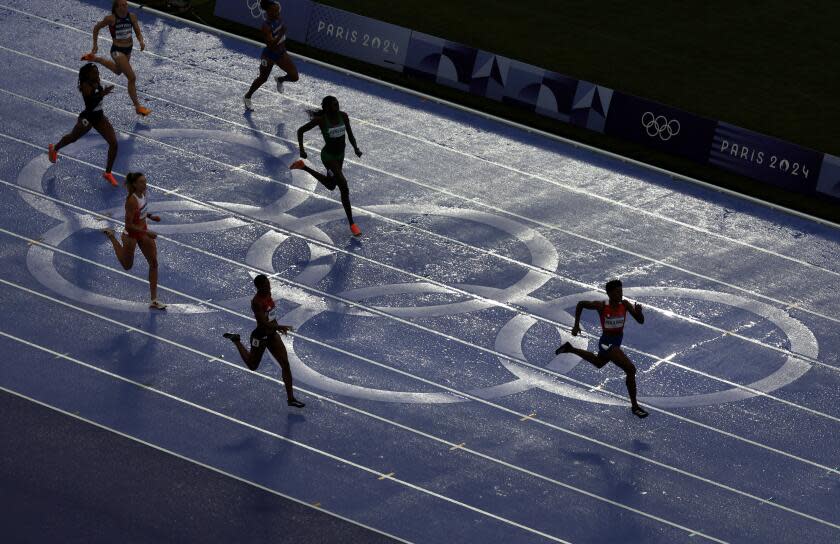After winning a gold medal fight after fight, the Algerian boxer felt she had to keep fighting.
Throughout the 2024 Summer Olympics, Imane Khelif She faced harsh attacks on social media because she did not look stereotypically feminine. Internet trolls accused her of being transgender or a man in disguise.
“I am a woman like any other woman,” she said. “I was born a woman, I lived as a woman and I competed as a woman.”
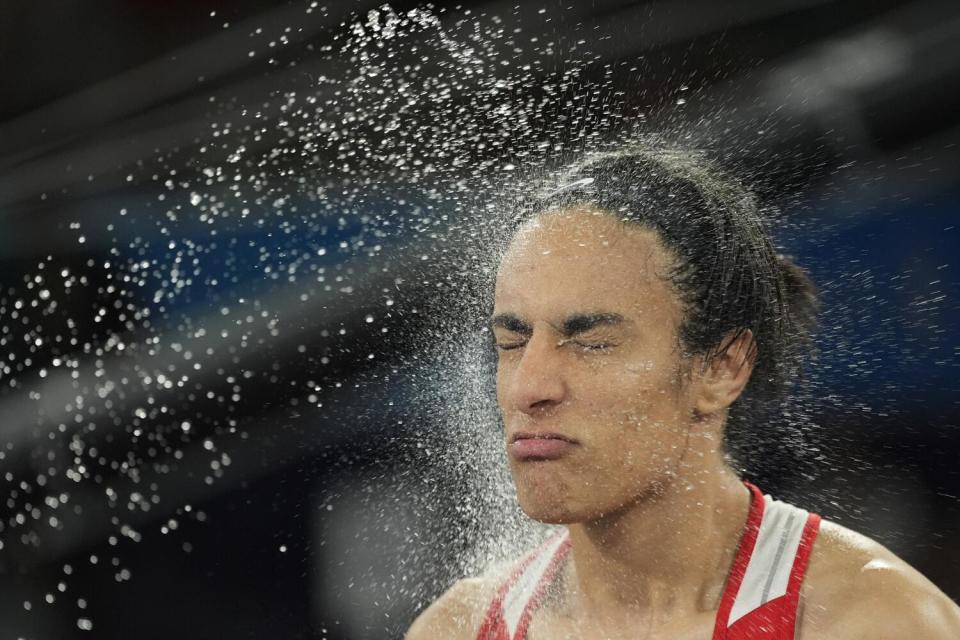
He Controversy surrounding Khelif And another Taiwanese boxer highlighted a striking contradiction at these Games. The past two weeks in Paris — the setting for the classic novel “A Tale of Two Cities” — have been the best of times and the worst of times for female athletes.
Never before has there been complete parity on the playing field, with the same number of men and women competing. Stars like the gymnast Simone Bilesswimmer Katie Ledecky and hurdler Sydney McLaughlin-Levrone responded with exciting performances that earned her the gold medal.
However, women here have also faced backlash.
Attention has continued to be drawn to skimpy uniforms in athletics and beach volleyball. An American rugby player was criticised for advocating body positivity. Critics hit back Brittney Grinerthe basketball player released from prison in Russia in a prisoner exchange in 2022.
Marie Sallois, an official with the International Olympic Committee, said: “It was difficult to achieve (equality) and it will continue to be so… there are still many obstacles.”
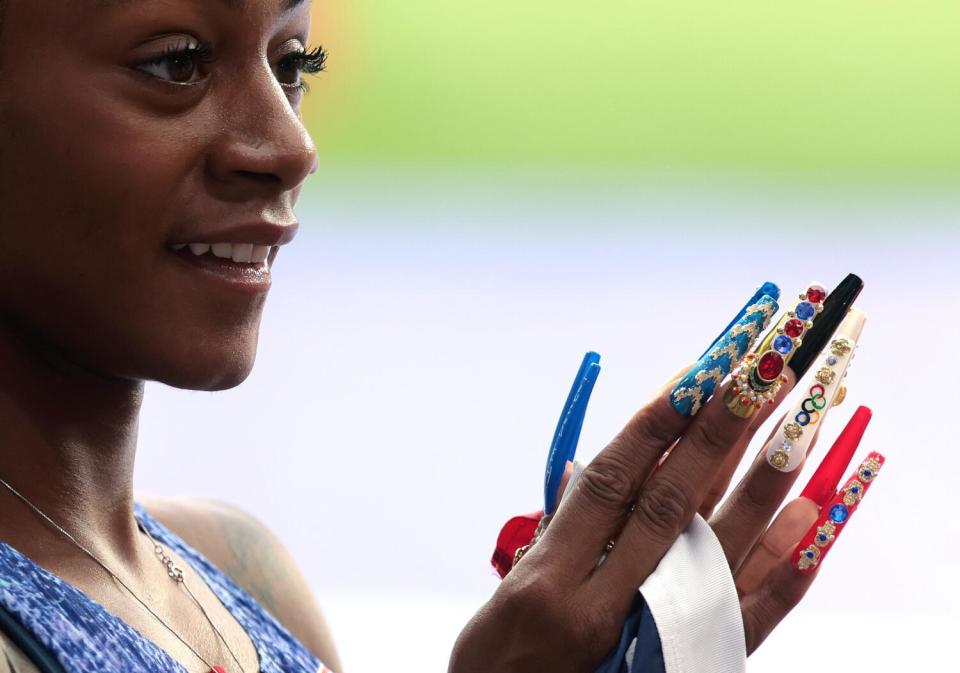
The Games have a checkered history when it comes to gender equality: in ancient Greece, most women were banned from even watching the competition.
Female athletes made their debut at the modern Olympic Games in 1900, but were limited to a few sports considered women’s sports, such as golf and croquet. As recently as the 1984 Los Angeles Games, men accounted for more than 75% of the competitors.
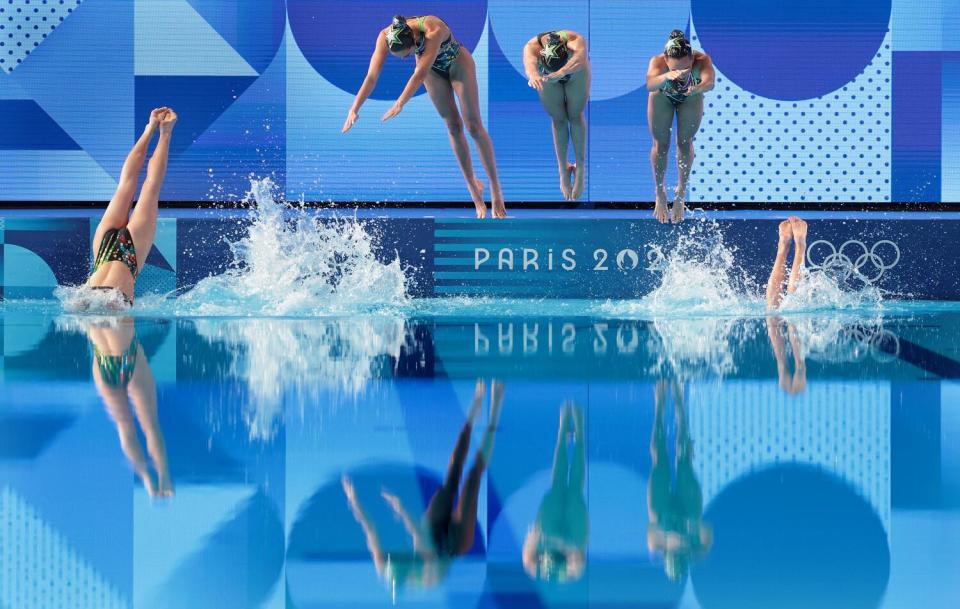
The disparity has improved more recently: in 2012, the ratio was 56-44 in London and 52-48 three years ago in Tokyo.
This time, IOC President Thomas Bach described full parity among the 10,500 athletes as “our contribution to a more gender-equal world.” His organization distributed guidelines to the media, urging: “Sport appeal, not sex appeal.”
The memo did not reach some fans who, while watching sports such as track and field, beach volleyball and water polo, debated the women’s uniforms rather than their athletic ability.
There were concerns of a different kind about dress when the French team told its Muslim athletes that, due to the country’s secular laws, they could not wear hijabs in competition.
Read more: Olympic star Ilona Maher wants to break stereotypes about female athletes
“It is not our decision or the will of the government,” said Amelie Oudea-Castera, the national minister of sport. “It is linked to the legal framework of our constitution.”
French sprinter Sounkamba Sylla wore a modified baseball cap during the 1,600-metre relay. While foreign athletes were not affected, Amnesty International denounced the situation as “discriminatory hypocrisy”.
In this context, the American rugby player Ilona Maher She continued her public debate about the stereotypes imposed on female athletes. While helping the United States to a bronze medal, the affable and quirky Maher posted highlights from the match along with a video of herself wearing a dress.
“As women, our bodies have often been subject to observation and objectification,” she said. “And I hate that there are girls who feel like they have no purpose for their body and want to constantly change it.”
Those comments reinforced Maher’s status as a media darling and social media star; they also drew nasty comments about her muscular appearance. Griner faced a similar backlash when the U.S. women qualified for a gold-medal basketball game on Sunday.
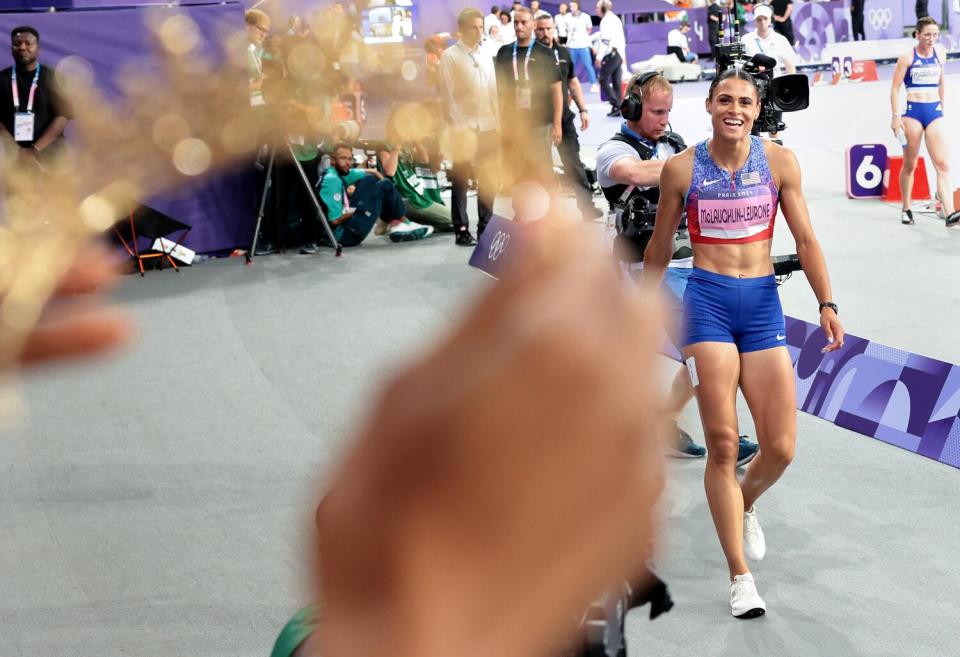
American canoeist Nevin Harrison He said he stepped away from the Internet because “it stressed me out more than it helped me.”
Despite such resistance, women have excelled on the playing field in Paris.
McLaughlin-Levrone broke her own world record in the 400m hurdles and British skater Sky Brown won bronze with a recently dislocated shoulder.
Biles bounced back from her mental health struggles at the Tokyo Games to reclaim gold in the all-around competition and then went viral after finishing second in the floor routine. Standing on the podium, she and her teammate Jordanian Chilliesbronze medalist, bowed in tribute to champion Rebeca Andrade of Brazil.
“This is literally disgusting,” NFL cornerback Marlon Humphrey tweeted.
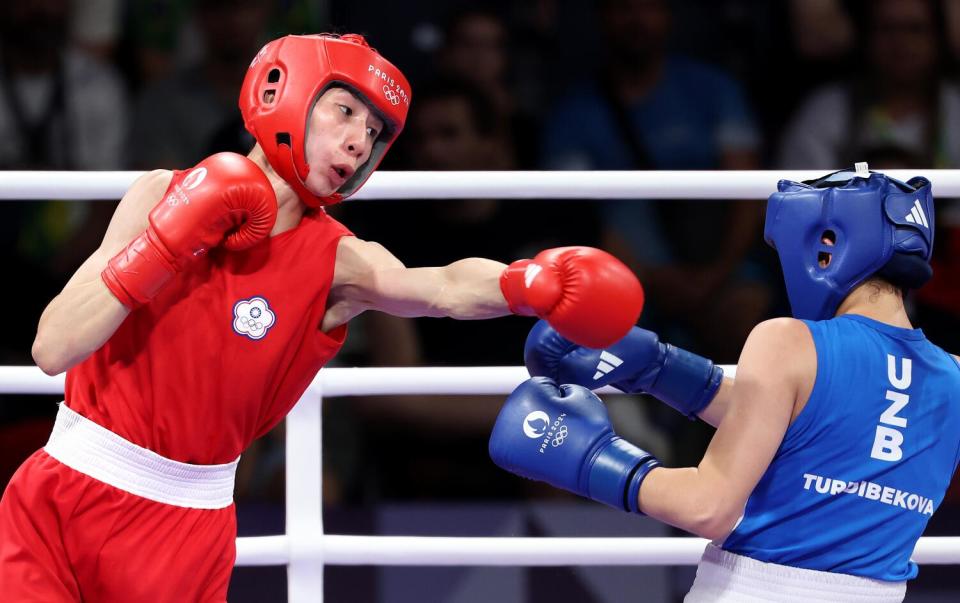
Biles told the “Today” show: “I think it’s all about sportsmanship.”
The opprobrium directed against the boxers Khelif and Lin Yu-ting from Taiwan It wasn’t that easy to counter.
They are veterans of amateur boxing and were disqualified from last year’s world championships for failing an unspecified gender test. Their problem appeared to be related to “differences in sexual development,” a term applied to women who are androgen-sensitive or who have natural testosterone levels in the male range.
Olympic officials deemed them eligible.
Read more: BG is free. Brittney Griner reflects on Olympic experience after Russian arrest
Their success (Lin won gold on Saturday) only exacerbated disputes between sports organizations and sparked unhinged posts on social media, many of them in the United States, that incorrectly described them as transgender.
IOC spokesman Mark Adams called on the media and the public to “de-escalate the situation and not turn it into some kind of witch hunt.” His plea was largely ignored.
Although a sporting event that attempts to champion the cause of women has achieved significant victories, it seems there is still work to be done.
No one understands this better than Khelif.
“I hope people stop harassing me,” she said. “I hope we don’t see similar attacks at the next Olympics.”
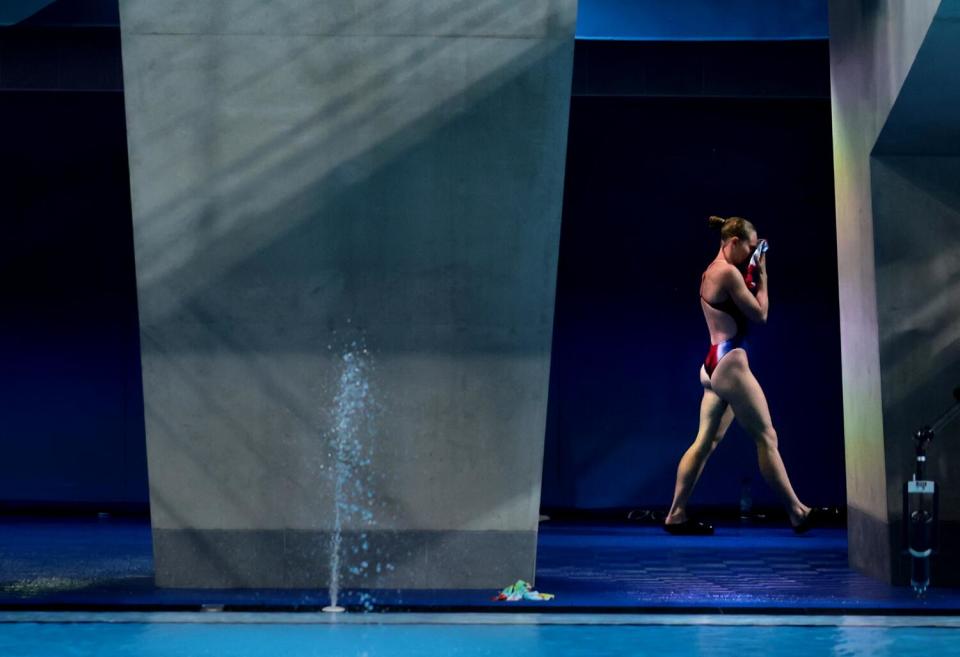
This story originally appeared in Los Angeles Times.

